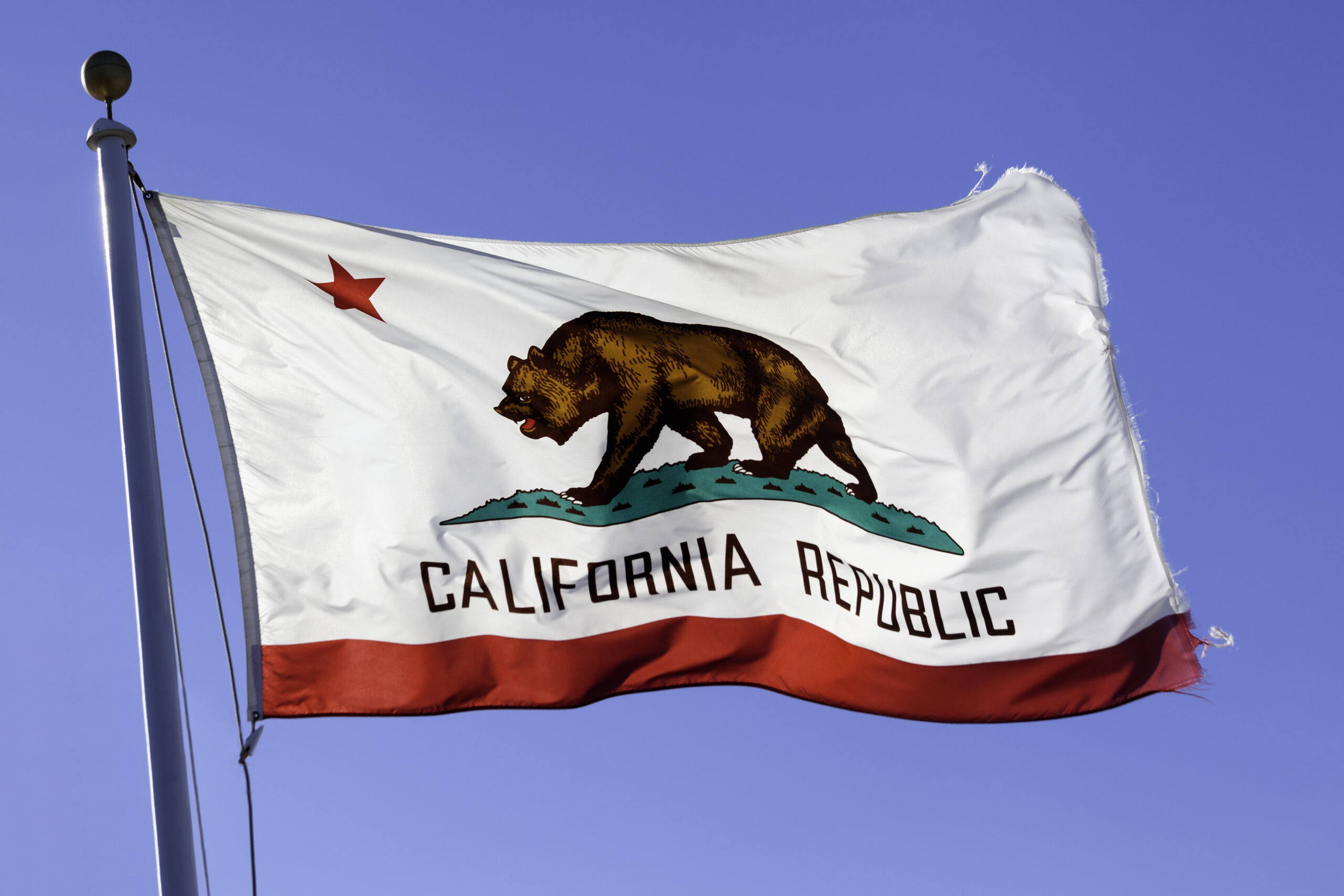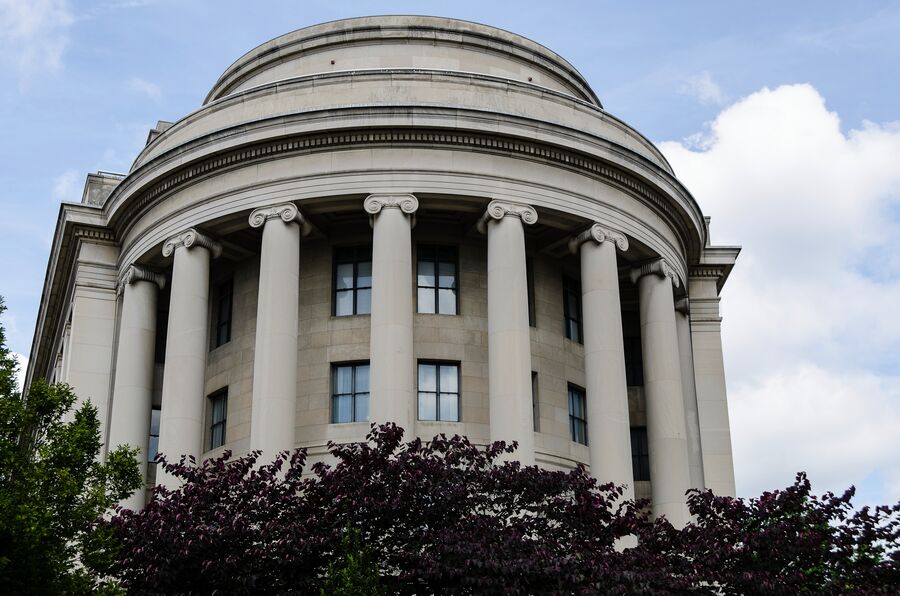
On February 20, 2026, the Department of Justice’s Antitrust Division (DOJ) and Ohio Attorney General (Ohio AG) sued OhioHealth Corporation (OhioHealth), alleging that OhioHealth had unlawfully restrained trade in the market for general acute care inpatient hospital services in violation of the Sherman Act and Ohio’s antitrust statute. The action is further evidence that antitrust enforcers are highly focused on healthcare markets. Similarly, the Ohio AG’s participation demonstrates that state attorneys general are continuing to focus on antitrust enforcement, particularly in inherently local markets like health care. Click here to continue reading the full version of this alert.



